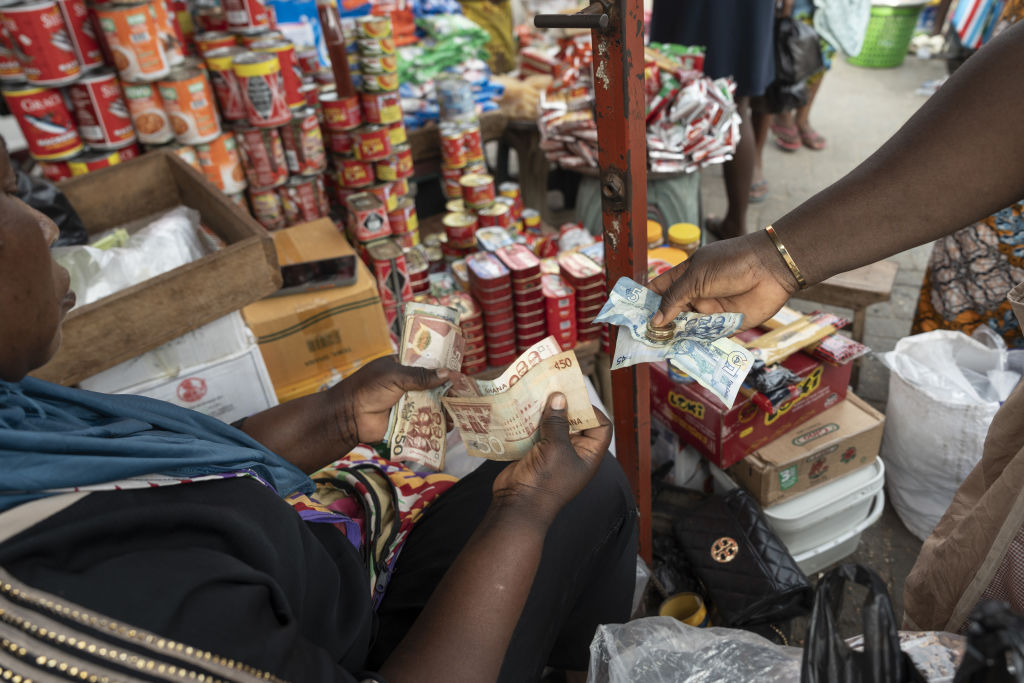Government Statistician Samuel Kobina Annim, while addressing the media in Ghana’s capital Accra today, attributed the increase to skyrocketing food prices.
Ghana’s annual inflation rate has surged to its highest level in eight months, reaching 23.8% in December.
This marks the fourth consecutive month of rising consumer prices, up from 23% in November.
The development comes on the heels of President John Mahama’s inauguration, where he acknowledged the country’s economic struggles, describing the circumstances as “dire”.
He pledged to take decisive action, outlining a plan to implement 26 measures within his first 120 days in office to drive immediate change.
Loading...
Ghana’s inflation rate has been volatile in recent years. In March 2024, the inflation rate accelerated to 25.8% year-on-year, driven by a depreciating currency and higher costs for imported goods.
The country’s inflation rate has also reached as high as 54.1% in December 2022, a 22-year high.
Loading...
